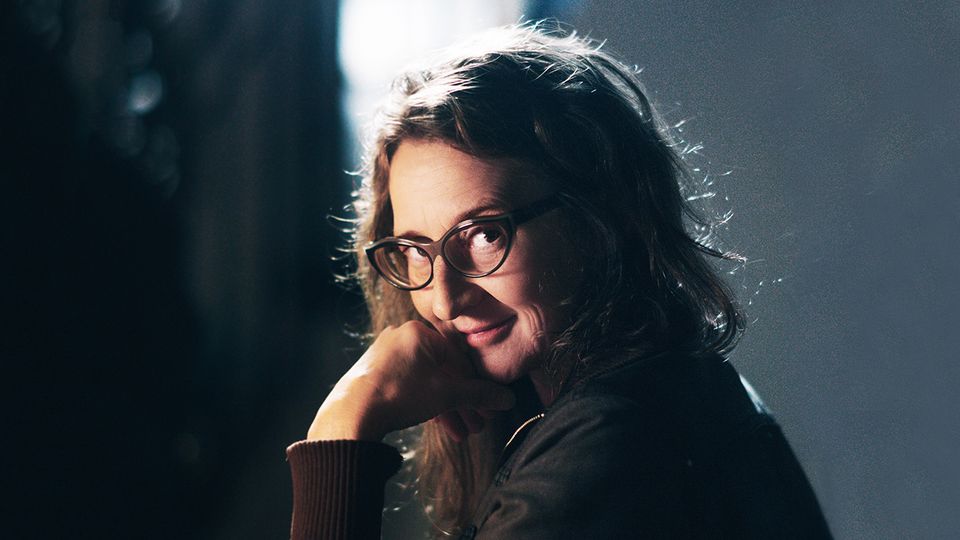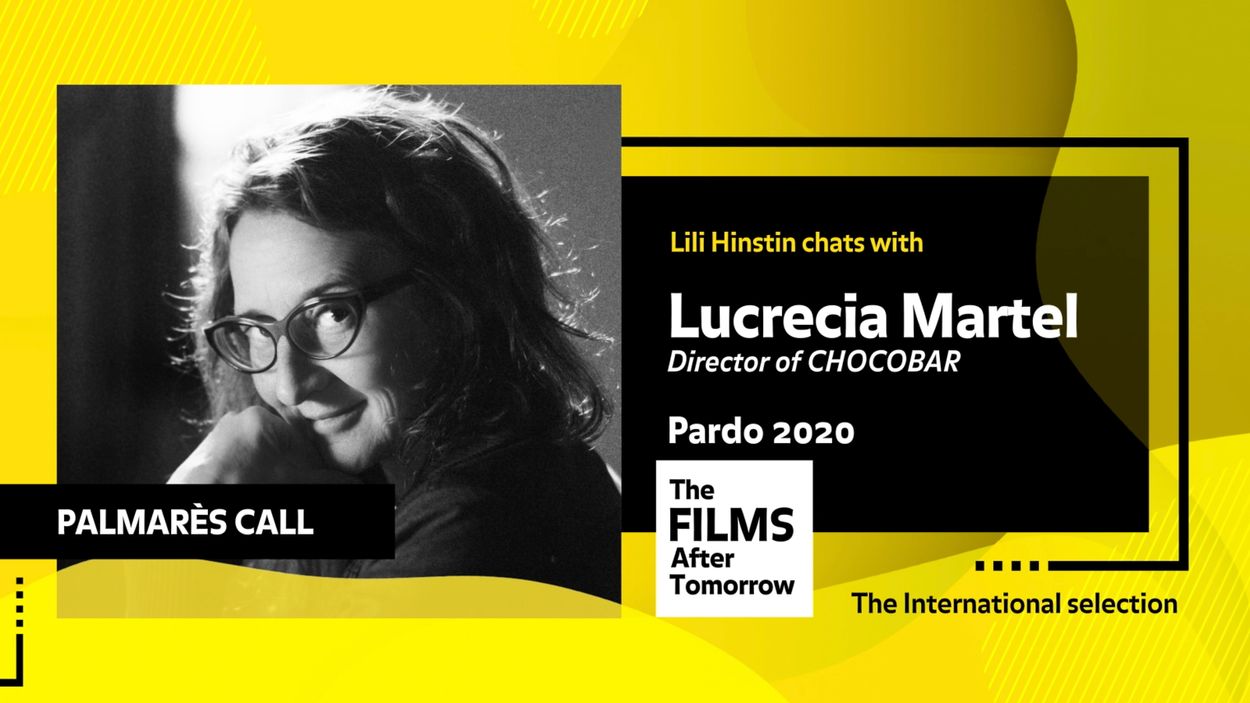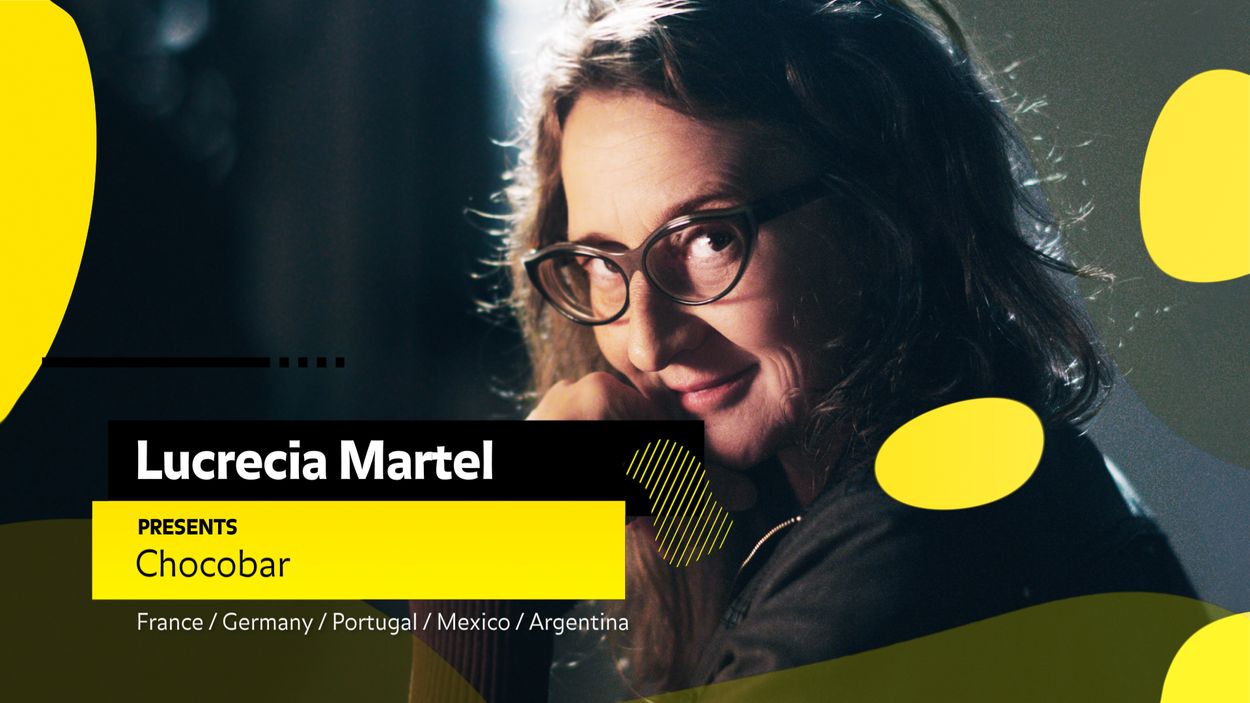Chocobar
by Lucrecia Martel
Argentina/USA/Denmark/Mexico
Produced by
Rei Cine: Benjamin Domenech
Louverture Films
Snowglobe
Piano

by Lucrecia Martel
Argentina/USA/Denmark/Mexico
Produced by
Rei Cine: Benjamin Domenech
Louverture Films
Snowglobe
Piano

Restlessly inventive Argentine director Lucrecia Martel describes her first non-fiction film as a “hybrid, creative documentary” about the murder of indigenous activist Javier Chocobar by a white landowner. After a decade of research, Chocobar was at a key stage of production when it was interrupted.
– Nicholas Elliot, Selection Committee


Rapado (1992) premiered in Buenos Aires in 1996. I had heard about the film because some friends had worked on it, an absolute privilege in a moment in which young people were not shooting films. Even before watching it, the film was already an important milestone for us who were interested in telling stories with film. So I went to a Rapado screening and for the first time, cinema was not something foreign to me. That feeling of generational proximity gave in to a much more elaborate and intense way of seeing the world, finally looking like the world and not trying to impose a mediocre idea of realism. In the film, the intentions of the characters would flounder and the usual consequences of their actions would fade away. The perfect sexuality that I was not achieving in my personal life and that films portrayed constantly, was also failing in Rapado, projecting its beauty on the more eccentric and weird people. At last, people were interesting. Life without epics was an extraordinary adventure. And so was language.
Years later, I met Martín Rejtman during a film festival while he was showing his second film – Silvia Prieto (1999) – and immediately asked about that particular way of speaking that his characters have. He replied something that I could never confirm: "the spoken English in North American cinema is an invention, a language that is not spoken anywhere". I may be misquoting him, but that was what we needed to do: invent Spanish for cinema. Of course, he did it. Martín had tried out his invention in Rapado and those sounds had announced the arrival of a new film generation. I chose this film because it's beautiful but also to share Rejtman's conviction, that is now also mine, on inventing the sound of the characters.
– Lucrecia Martel